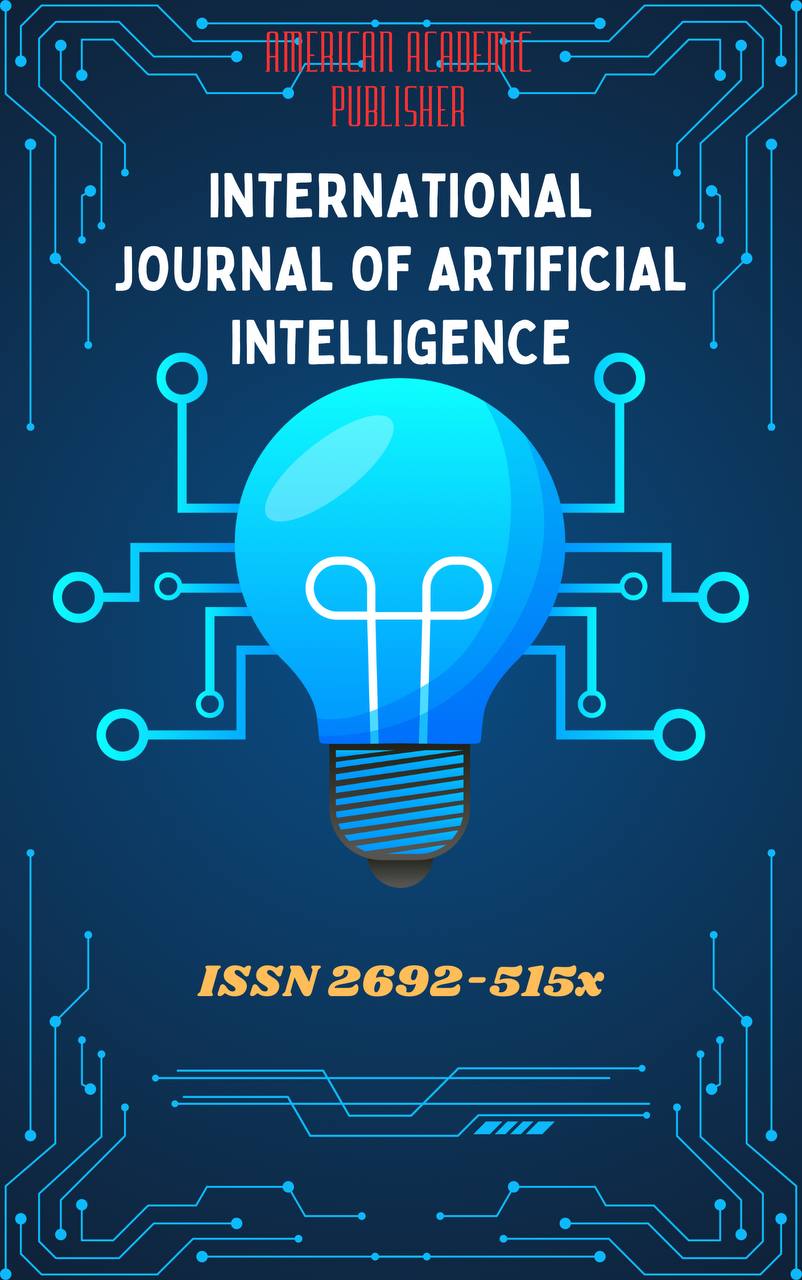 Articles
| Open Access |
Articles
| Open Access | THE PSYCHOLOGICAL AND PEDAGOGICAL IMPACT OF ARTIFICIAL INTELLIGENCE ON STUDENTS’ CONSCIOUSNESS
Sobirova Lobar Rakhimovna , Teacher at the Department of “Pedagogy, Psychology, and Educational Technologies,” Surkhandarya Regional Center for Pedagogical ExcellenceAbstract
This article explores the psychological and pedagogical impact of artificial intelligence (AI) on students’ consciousness and cognitive development. It analyzes how AI technologies are reshaping the educational process, influencing students’ motivation, thinking patterns, creativity, and emotional intelligence. The study emphasizes the dual nature of AI’s influence: while it enhances individualized learning, access to information, and critical thinking skills, it may also lead to dependence on technology, reduced attention span, and decreased social interaction. The article highlights the importance of a balanced pedagogical approach that integrates AI tools responsibly to support students’ intellectual and emotional growth. It also discusses the role of teachers in guiding students to use AI ethically and effectively in the learning process.
Keywords
Artificial intelligence, pedagogy, psychology, students’ consciousness, cognitive development, digital education, motivation, critical thinking.
References
UNESCO. (2023). Artificial Intelligence and Education: Guidance for Policy-makers. Paris: UNESCO Publishing.
Selwyn, N. (2019). Should Robots Replace Teachers? AI and the Future of Education. Cambridge: Polity Press.
Holmes, W., Bialik, M., & Fadel, C. (2019). Artificial Intelligence in Education: Promises and Implications for Teaching and Learning. Center for Curriculum Redesign.
Luckin, R. (2018). Machine Learning and Human Intelligence: The Future of Education for the 21st Century. London: UCL Institute of Education Press.
Baker, R. S., & Inventado, P. S. (2014). Educational Data Mining and Learning Analytics. Springer.
Zhao, Y. (2021). Learning in the Age of Artificial Intelligence: The Role of Human Teachers. Educational Research Review, 34(4), 12–25.
Woolf, B. P. (2020). Building Intelligent Interactive Tutors: Student-centered Strategies for Revolutionizing E-Learning. Morgan Kaufmann.
Pan, Y., & Zhang, J. (2022). Psychological Impacts of Artificial Intelligence on Students’ Learning Motivation. Journal of Educational Psychology and Technology, 17(2), 89–104.
Article Statistics
Downloads
Copyright License

This work is licensed under a Creative Commons Attribution 4.0 International License.

